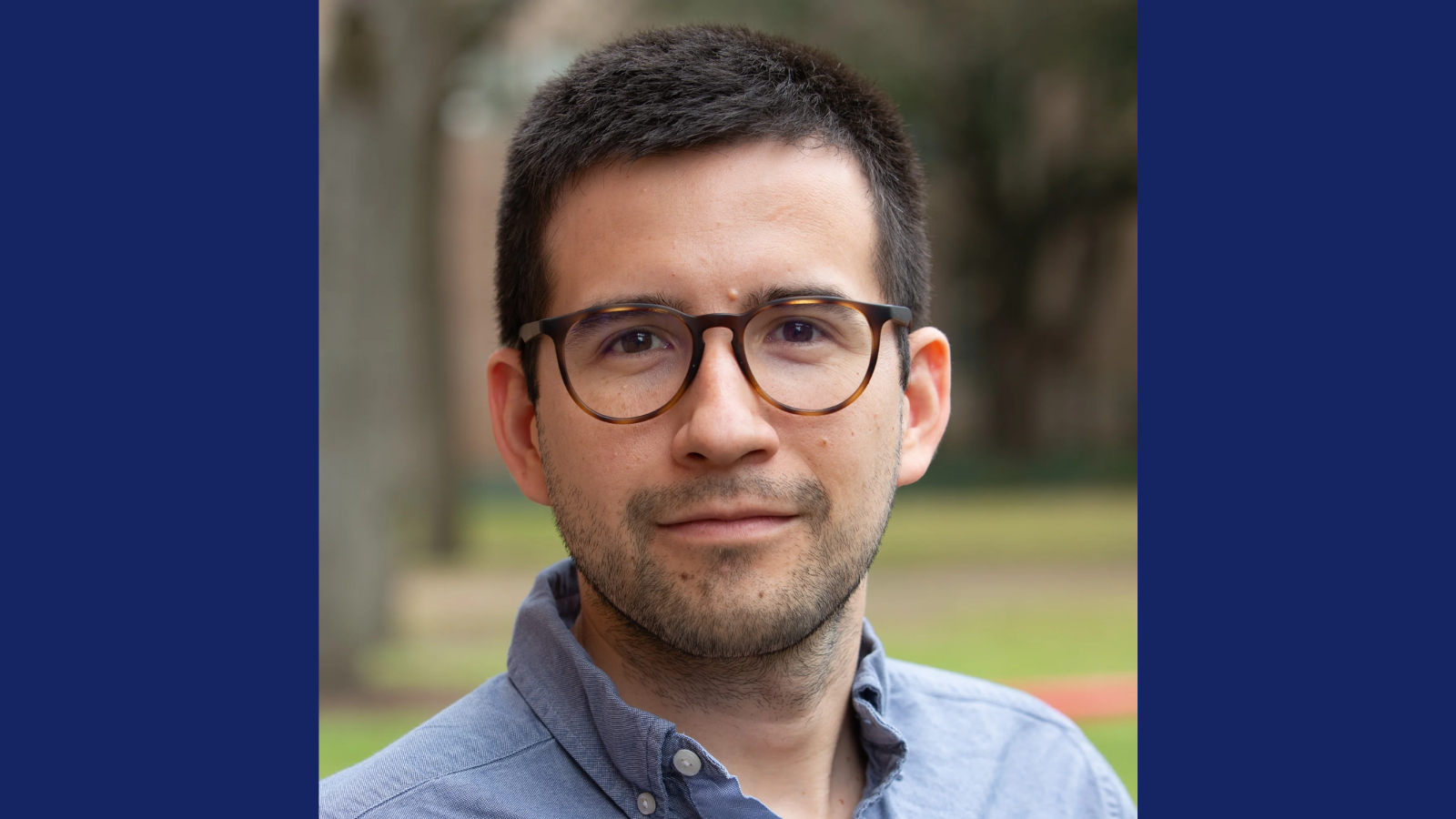Raul Rincon ’25, who will earn his Ph.D. in civil engineering from Rice University this summer, is preparing to take the next step in his academic journey as an assistant professor at the University of Colorado Boulder (CU Boulder). His appointment, set to begin in 2026 following a postdoctoral year, marks the culmination of years of research, mentorship and intensive preparation—including participation in Rice Engineering and Computing’s Future Faculty Fellows (FFF) program.
Rincon’s research focuses on developing multiscale and probabilistic models that reflect the dynamic interactions between infrastructure systems, societies and the environment—models that can promote resilience for future generations. He said, “It’s about moving from short-term hazard events and their impacts to understanding how these fit into the lifecycle of infrastructure in a changing world.”
Growing up in Colombia, Rincon was shaped by the memory of a devastating earthquake in 1999. Its impact was especially severe due to poor infrastructure. This early experience fueled his drive to understand and improve infrastructure systems across society. “Nowadays, the goal cannot be just about inferring what structures could fail in an earthquake,” he explained. “Rather, we need to ask ourselves how our models and assumptions can better inform decision-making for future infrastructure interventions.”
At Rice, Rincon worked under advisor Jamie E. Padgett, who gave him the freedom and support to pursue research that is both technically rigorous and socially relevant. His work has included developing modeling techniques that promote systems with adaptive, resilient, and equitable performance.
A key turning point in Rincon’s path toward a career in academia was the FFF program. Over the course of three years, Rincon progressed through all three levels of the program. He credits the FFF team and especially mentors like Tracy Volz and Kamisha Escoto for helping demystify the faculty application process: “They were with me every step of the way.”
The Future Faculty Fellows (FFF) program in Rice’s George R. Brown School of Engineering and Computing is designed to help Ph.D. students and postdocs explore the tenure track academic career path, compete successfully for tenure track faculty positions and launch their careers. The program offers workshops, panel discussions, networking events and other support tailored to academic career pathways.
His gratitude extends to the entire Rice community—his advisor, faculty mentors and lab colleagues—and his wife, a structural engineer in industry, who offered perspective and feedback on his job talks. His advisor was key in guiding him through the years, helping him build the knowledge needed to take his next step into academia.
Rincon plans to spend the next year as a Rice postdoctoral researcher, collaborating on infrastructure life-cycle analysis at Universidad de los Andes (Colombia) while transitioning into his faculty role at CU Boulder. Reflecting on his journey, Rincon emphasizes preparation, mentorship and authenticity. “I never changed what I wanted to do to match an institution. I showed them who I am and what I care about. If it wasn’t the right fit, I understood that. But I was always proud of the work I put forward.”
As he looks toward Boulder, Rincon is eager to join a public university that values both research excellence and teaching. “Education and research go hand in hand,” he says. “They’re foundational for society—and I’m ready to contribute on both fronts.”
Are you interested in the Future Faculty Fellows program? Learn more here.

